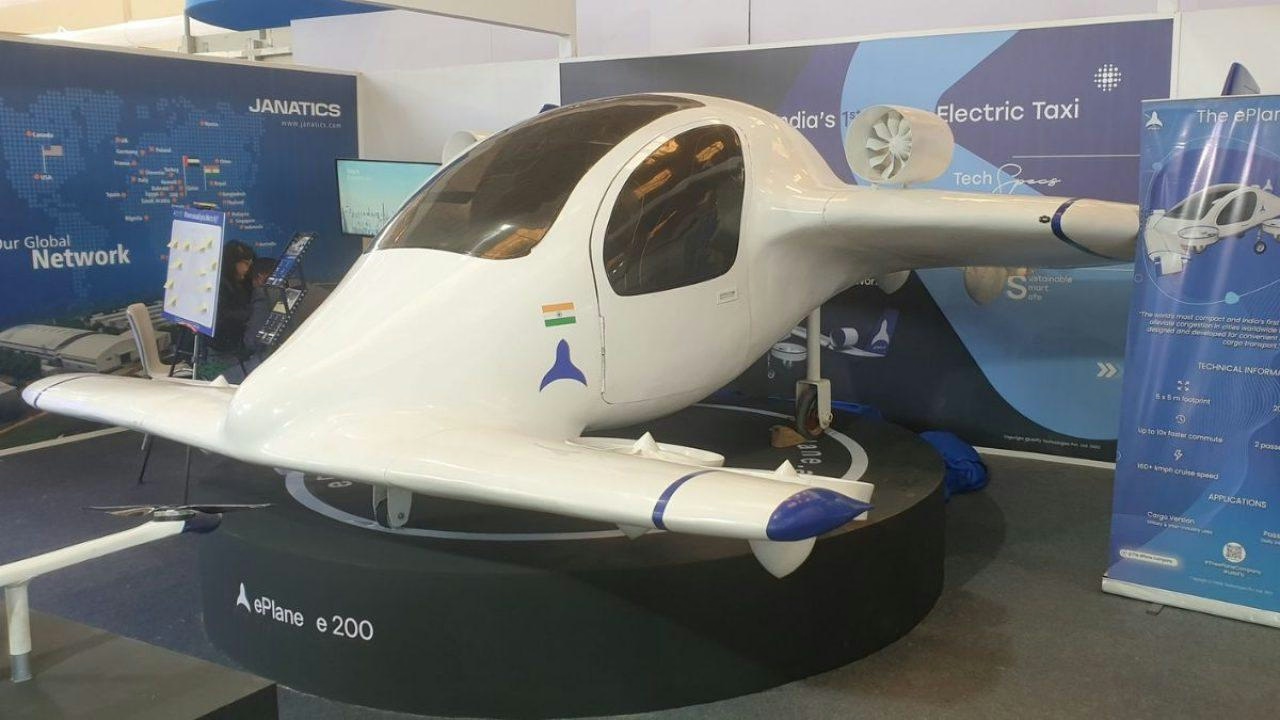AeroGenie — Your Intelligent Copilot.
Trending
Categories
FG Highlights Progress in Aviation Reforms, Announces Nigeria’s First International Airshow

FG Highlights Progress in Aviation Reforms, Announces Nigeria’s First International Airshow
Advancing Nigeria’s Aviation Sector
The Federal Ministry of Aviation and Aerospace Development has announced notable progress in its comprehensive reform agenda aimed at transforming Nigeria’s aviation and aerospace industry into a driver of economic growth, innovation, and international competitiveness. Speaking at a press briefing in Abuja, the ministry’s permanent secretary, Dr. Abubakar Kana, detailed key achievements under his stewardship, with the successful organisation of Nigeria’s inaugural International Airshow standing out as a landmark development.
Describing the event as a “historic step,” Dr. Kana emphasised that the airshow marks Nigeria’s entry into the global aviation circuit, a platform traditionally dominated by other nations. “Aviation is a global business, and for years, Nigeria has not been part of the international airshow circuit where partnerships and investments are created,” he said. By hosting the airshow, Nigeria aims to attract investors, showcase technological innovation, and establish itself as a strategic aviation and aerospace hub within Africa. The event has already drawn considerable interest from investors, technology partners, and international collaborators, signalling a positive shift in the sector’s global engagement.
Challenges and Strategic Reforms
Despite these advances, Nigeria’s aviation sector continues to face significant challenges. The need for substantial investment to upgrade infrastructure and comply with international safety standards remains pressing. While the airshow is expected to enhance investor confidence and stimulate market interest, affordability of air travel remains a barrier for many Nigerians, limiting broader access to the sector’s benefits. Furthermore, Nigeria’s international connectivity index has declined since 2014, underscoring the urgency of strategic reforms to restore and enhance the country’s global aviation standing. The emergence of Nigeria’s airshow may also intensify competition among regional aviation markets, prompting neighbouring countries to bolster their own sectors to attract international flights and tourism.
Internally, the ministry has implemented a full digitisation of its operations through electronic management systems, significantly reducing bureaucratic delays and improving transparency. Dr. Kana highlighted that automating workflows and approvals has minimised human error, cut down on paperwork, and established a transparent audit trail, positioning the ministry as a model of digital efficiency within the public sector. Additionally, a new performance management system has been introduced, prioritising meritocracy over seniority in staff promotions and leadership appointments. Officers are now evaluated based on measurable indicators related to innovation, productivity, and accountability, ensuring that leadership roles are filled by competent professionals.
Human capital development remains a cornerstone of the reform strategy. The ministry has sponsored specialised international training for its officers to expose them to emerging trends in aviation and aerospace management. Dr. Kana noted that this investment in personnel is designed to maintain Nigeria’s competitiveness and prepare the country to become a destination for international aviation training in the future. He also underscored improvements in staff welfare and working conditions, which have fostered a stronger sense of community within the ministry. This renewed focus on employee well-being was recognised at the 2025 Public Service sporting events, reflecting the ministry’s commitment to cultivating a motivated and effective workforce.
Dr. Kana reaffirmed his dedication to building on these achievements, emphasising that the ongoing reforms form part of a coherent strategy to ensure sustainability, efficiency, and global relevance for Nigeria’s aviation sector.

Factors Behind the Airbus A350’s Short Takeoff Distance

Archer Aviation Partners with NVIDIA to Advance Aviation AI Technology

Chennai Startup to Develop India’s First Electric Air Taxi

Factors Positioning Airbus for Leadership in 2026

Emirates Unveils Cabin Design for New Boeing 777X

Eighteen Years On, the Airbus A380 Remains Central to a $34 Billion Airline

How a boom in luxury airline seats is slowing down jet deliveries

Navitaire Outage Attributed to Planned Maintenance

AI, VR, and Data Transform Pilot Training by 2026

Airbus Plans Record Delivery of 870 Aircraft in 2026
